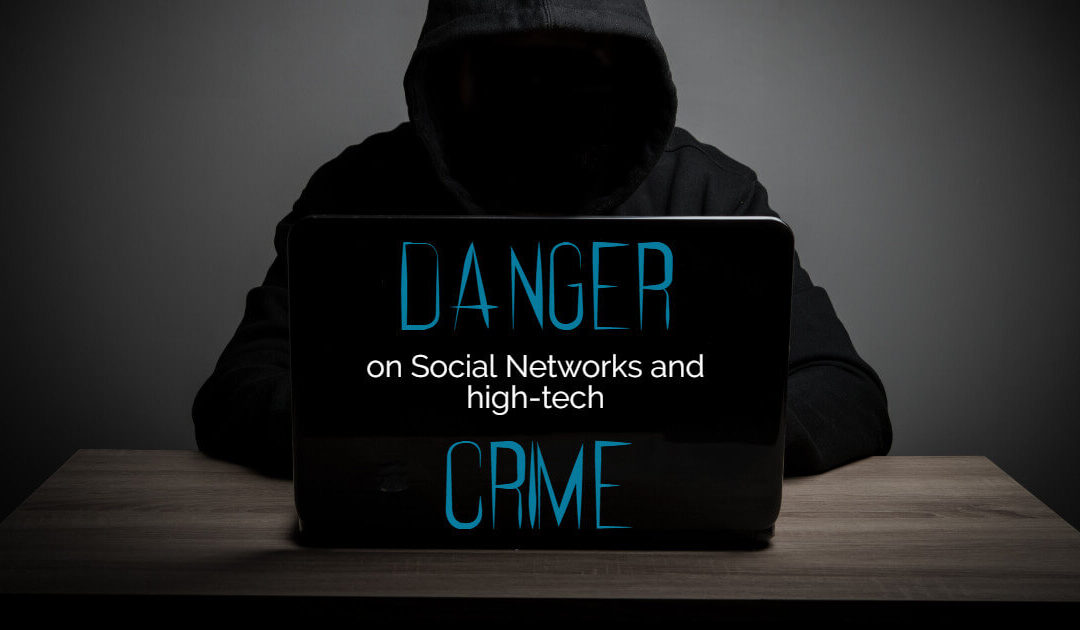Many consider the internet to be the “wild west” and as such suitable for non-compliance with legal provisions. Because of all that, the Internet is suitable for various violations, frauds and abuses, and since it is easy to erase the trail towards those responsible, those who were victims remain legally unprotected.
We have already written about the protection of rights on the Internet on our blog with a special focus on insult and blackmail, but due to the topicality, we want to clarify some elements once again. The Internet as a medium is still the least susceptible to censorship and control, at least in most countries of the world, however every freedom carries its own challenges.
There are generally different criminal acts where computers appear as a means of execution (Computer Related Crime) and as an object of execution (Computer Crime), as well as criminal acts in the manner of of illegal Internet usage.
When it comes to high-tech crime, the most common crimes are fraud, crimes against sexual freedom against minors. Crimes of persecution, endangering security, unauthorized access to a protected computer, computer network and electronic data processing, computer fraud and computer sabotage are also common. In addition to the aforementioned criminal offenses, this area also includes criminal offenses against intellectual property, property and legal transactions in which computers, computer networks / data, hate speech on the Internet (spreading national, racial, religious hatred and intolerance, etc.).
What to do in case your rights appear to be violated?
In any case, the violation should be reported, in order for the authorities to stop further endangerment, and for you to protect yourself in civil or criminal proceeding. therefore, depending on the specific case, the problem could have both a criminal law aspect and a civil law aspect. In addition to the specific action by which your rights may have been violated, on the social network, it is necessary to submit the sender’s URL, precisely because of the easier identification of the perpetrator. Minor problems arise if the criminal act was done from the phone or if there is a dynamic IP address. From our practice, we have noticed that provoking national, racial and religious hatred and intolerance is relatively common. It is important for this act that the perpetrator can be a member of the group opposite to the one to which the victims belong. The qualifying circumstance of this crime is endangered security, which is to be especially appreciated in each specific case!
If you have similar experiences, it is necessary to identify the manner of violation of your rights and seek adequate legal assistance.

